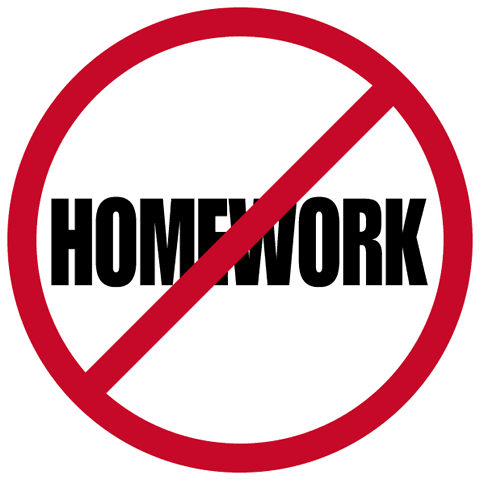Quiz Tomorrow on Jamestown and Plymouth
Study
Guide
Jamestown
– the first permanent English settlement in America
Sir
Walter Raleigh – financed the colony of Roanoke
Lost
Colony – early
English settlement on Roanoke Island,
that mysteriously disappeared between the time of its founding (1587) and the
return of the expedition’s leader in 1590.
John
Smith – English adventurer who told colonists “to work or
starve”
John
Rolfe – Virginia colonist who introduced tobacco
charter
– a
legal document granting permission to settle a certain area
House
of Burgesses – the first representative assembly in the
English colonies
burgess-
elected representatives in Virginia
Powhatan
– the leader of the Native Americans in the Jamestown area
Pilgrims
– the English settlers that left England for Plymouth
Separatists
– people who wanted to separate from the Church of England
Mayflower
–
the ship the Pilgrims sailed on to reach Plymouth
Mayflower
Compact – the document signed by 41 men aboard the
Mayflower because the charter was not valid
established
church – the national church as determined by the monarch
William
Bradford – the first governor of Plymouth colony
Miles
Standish – He led the exploration for a suitable
site for a settlement
Squanto
– Native American who helped the Pilgrims plant Indian corn, pumpkins, and
squash.
Thanksgiving
– harvest celebration held in Plymouth
\
What did the Jamestown colony almost fail?
Where did the Pilgrims live before coming to
America?


